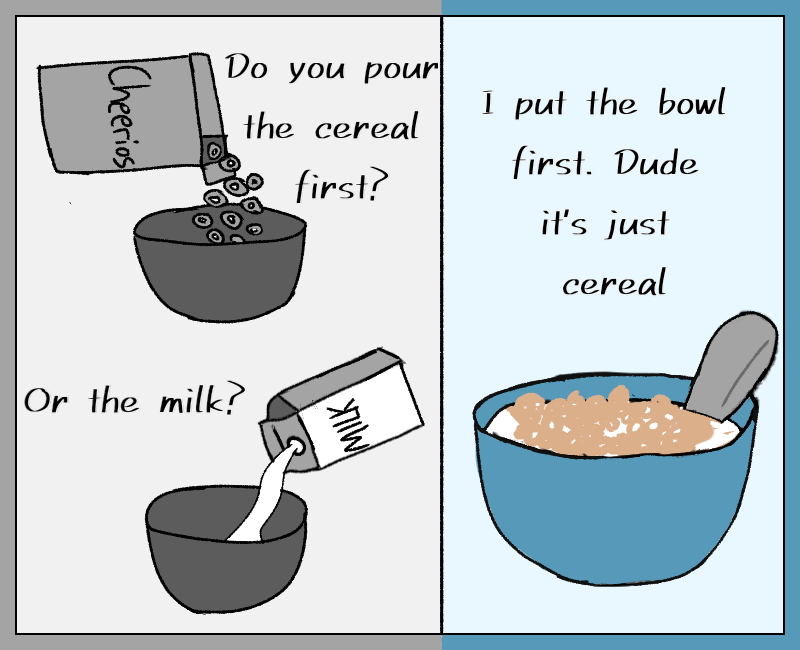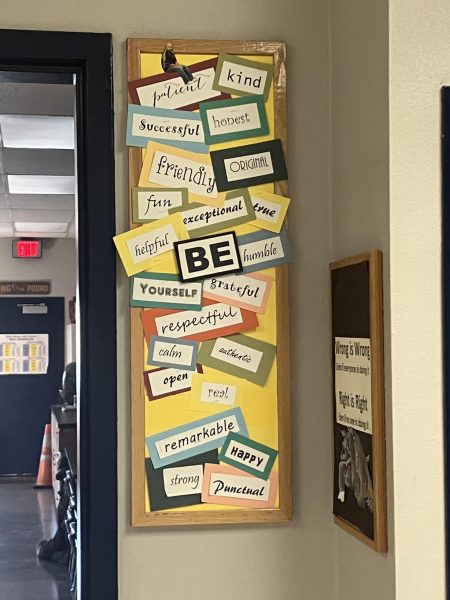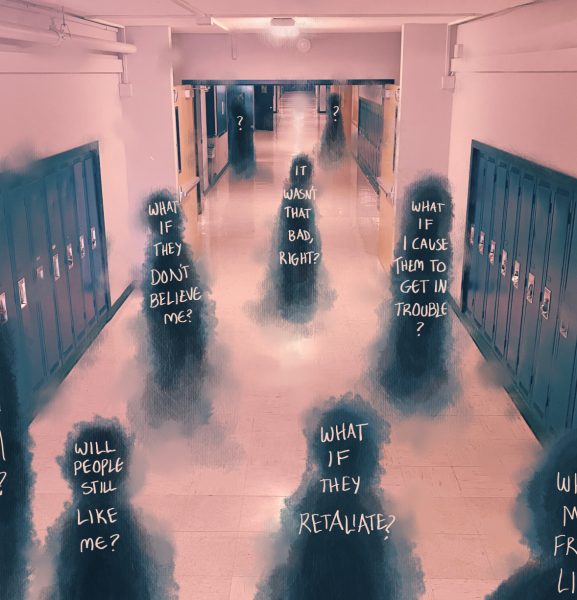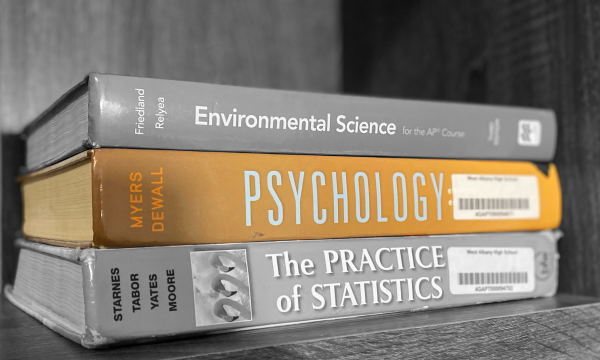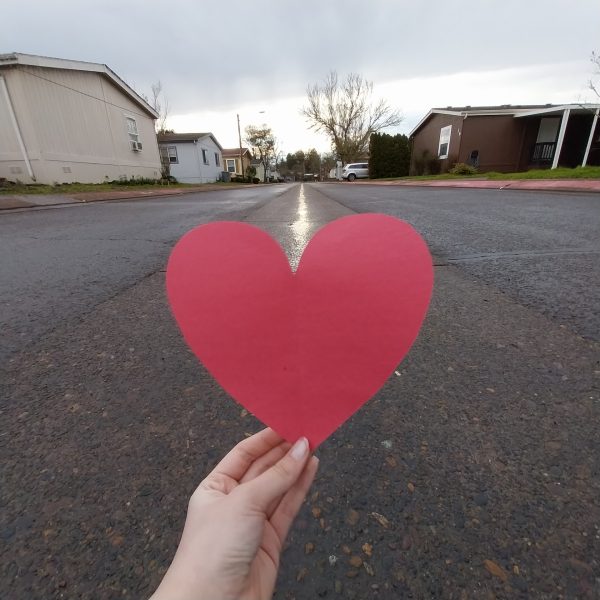The Fear of Opinion Sharing
People don’t share their thoughts on recent events in fear of backlash.
What is callout culture? It is a form of public shaming by targeting someone who may have said or done something not supported by many people, and humiliating them on popular social media platforms. The events in 2020 such as the Black Lives Matter movement, All Cops Are Bad (ACAB), and the presidential race have become epicenters for online exposures. This negative culture is causing many to be afraid to vocalize their thoughts and feelings on such topics in fear of being ridiculed by those who disagree with them. This public criticism can lead to toxic relationships and a dangerous environment.
When the Black Lives Matter movement became a central focus on many people’s minds in May, many influencers and friends on Instagram and Twitter had chosen sides on who to back up on this rising protest. Tense interactions made it seem like one either supported people of color and fought against police brutality; or denied the inequality and claimed that cops were the victims, which marked you on the side of the oppressor and automatically made you a racist.
This action of sharing and posting and criticizing people based on their thoughts caused many to stay silent in fear of backlash from viewers if they even just slightly disagreed with a recent event, creating an atmosphere that seemed threatening. This is what makes callout culture so harmful because it is so one-sided that people don’t question why someone thinks the way they do.
Loretta Ross, co-founder of the Women of Color Reproductive Justice Collective, shared her side about callout culture in the New York Times article “I’m a Black Feminist. I think Call-Out Culture is Toxic.” She explains that people avoid conversations, where they could potentially learn something, due to perfectionists who are quick to point out mistakes. This response is not helpful or supportive of a cause, it is toxic and not the point of a matter. People process things differently, and while a friend might be very active on a matter, another might not react the same. That doesn’t mean they support a negative stance, nor does it justify mocking any confusion or lack of public action.
With the argument of who to vote for in November, people have come to find someone’s true character, realizing where they stand on issues. It can be disappointing to find out a friend is supporting a person who discriminates against you. At the same time, plain hazing of someone is not an acceptable form of handling a person’s actions. Opinion differences should not be made public unless an extremely serious matter needs to be addressed, they should be talked out and reasoned in private. Those who are ignorant and refuse to see any flaws in their thinking are not worth the hassle to try and convince otherwise. These political or social stances are not black and white, nor should they be treated as such. People are complex and not without shortcomings, but shaming people on a social media account affects those witnessing, and creates a fear in one’s mind that they might receive the same treatment if they share anything. That is not how a society progresses, it is how it crumbles.
Your donation will support the student journalists of West Albany High School. Your contribution will allow us to purchase equipment and cover our annual website hosting costs.


